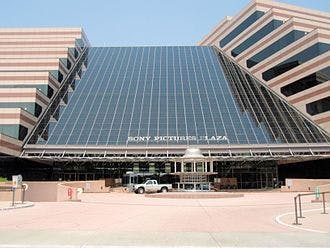Sony Pictures Hack: The Strike From North Korea and Early Cyberwarfare
by
July 13th, 2023
Audio Presented by
Information Security Analyst at Bank of America who enjoys writing, programming, and running in my spare time.
About Author
Information Security Analyst at Bank of America who enjoys writing, programming, and running in my spare time.
